You are here
Thu, 2013-07-04 12:32 — mdmcdonald
The Guinea Resilience System working group is focused on the development of Resilience Systems in Guinea.
The mission of the Guinea Resilience System working group is to develop Resilience Systems and their nested subsystems in Guinea.
Add Content to this group
Members
| Abdoulaye Drame | Aboubacar Conte | Anthony | Boubacar Kaba | Carrielaj | Chisina Kapungu |
| Elhadj Drame | Hadiatou Balde | Ismael Dioubate | John Wysham | Kathy Gilbeaux | Lancine Konate |
| Mamadou Diallo | Mamadou Moustap... | Mamadou Sylla | mdmcdonald | MDMcDonald_me_com | mike kraft |
| Norea | Souleymane Drame |
Email address for group
guinea-resilience-system@m.resiliencesystem.org



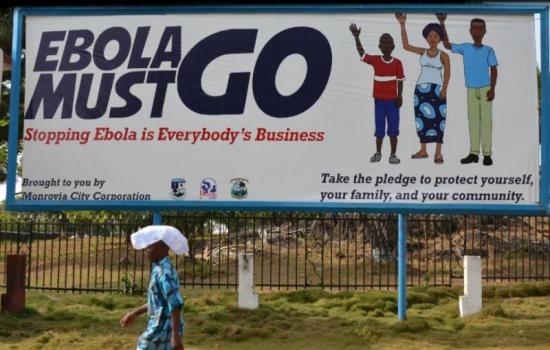 A man walks past an Ebola campaign banner with the new slogan "Ebola Must GO" in Monrovia
A man walks past an Ebola campaign banner with the new slogan "Ebola Must GO" in Monrovia 
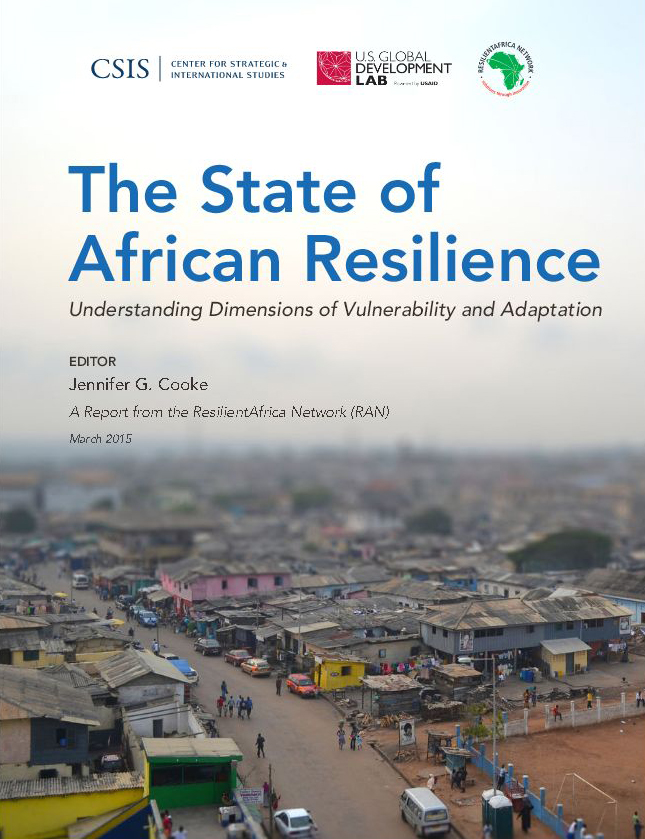
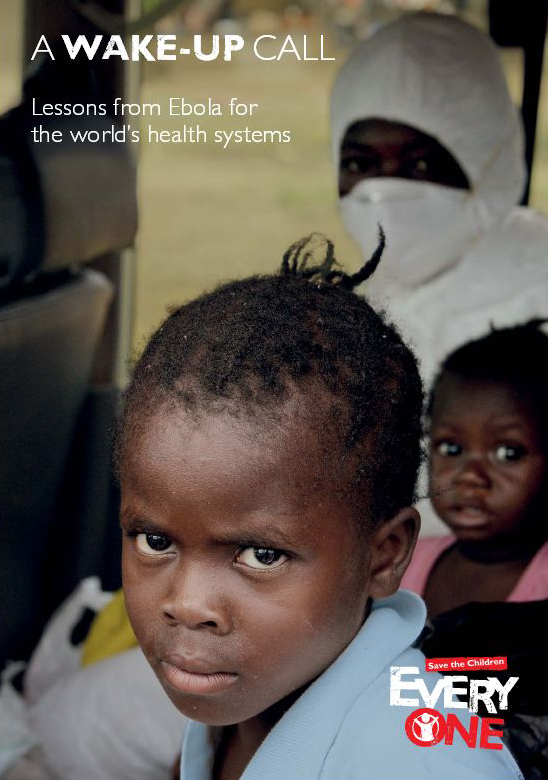 savethechildren.org
savethechildren.org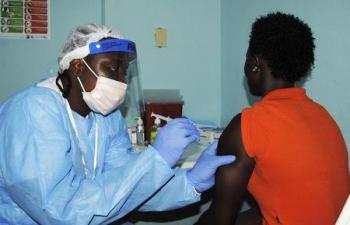

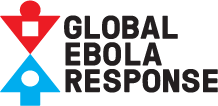
 Health care workers inside a USAID-funded Ebola clinic in Liberia wearing protective gear. Some of the best protective gear or technology is not available to African countries because of high costs or other conditions. Photos by Abbas Dulleh • Associated Press,
Health care workers inside a USAID-funded Ebola clinic in Liberia wearing protective gear. Some of the best protective gear or technology is not available to African countries because of high costs or other conditions. Photos by Abbas Dulleh • Associated Press,
Recent Comments